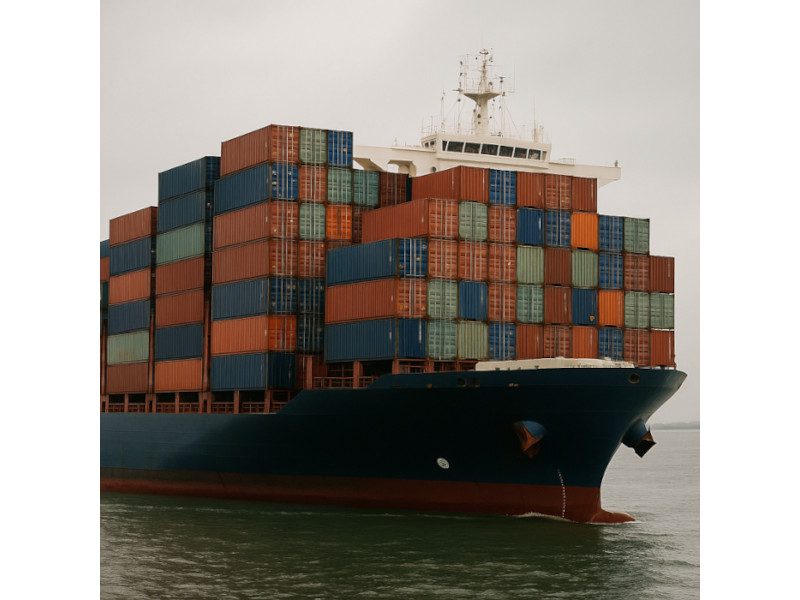Following its successful launch earlier this year, the Air Cargo Community Advisory Body — established by the British International Freight Association (BIFA) — held its second meeting recently, bringing together key stakeholders from across the airfreight and logistics sector to continue to help shape the future of cargo operations at Heathrow Airport.
The latest session built on the momentum of the inaugural meeting held in May, which saw over 75 representatives — including freight forwarders, airlines, Heathrow Airport Ltd, HMRC, and ground handlers — convene at the BT Tower to initiate a new phase of collaboration focused on the airport’s ambitious cargo estate redevelopment plans.
The latest meeting centred on efforts to improve Heathrow’s landside efficiency. Attendees received updates from Heathrow Airport Ltd on ongoing developments at the airport, and from BT/CCS-UK regarding the selection and implementation of a new slot booking system for landside freight movements.
After reviewing several options, the Heathrow cargo community chose BT’s CCS-UK Advanced Information System (AIS) as the preferred solution. Magdalena Deitsche, senior cargo manager at Heathrow Airport Ltd, said the system’s operational flexibility, integration with existing customs infrastructure, and BT’s strong understanding of the Heathrow landscape made it a standout choice.
“With AIS, the community will be better equipped to manage landside traffic flows, reduce wait times, and improve the efficiency of cargo drop-offs and collections — especially critical for time-sensitive freight,” she explained.
The meeting also highlighted a new trial of a dedicated truck parking facility to better accommodate long-distance arrivals. This facility offers a safe holding area outside the main cargo estate and includes welfare amenities for drivers.
Claudia Carley, product and Customs specialist at BT, presented an overview of how AIS will be deployed in the short term, including in preparation for the peak Christmas season. She detailed stakeholder engagement progress and outlined plans for measurable improvements in key operational areas such as:
• Congestion metrics
• Slot booking and virtual queuing
• Reception and call-forward processes
• Enhanced driver communication
• Predictive insights and operational visibility
Carley emphasised the importance of expanding AIS adoption, gathering data on congestion points, and rolling out early case studies. She also noted that community feedback will shape upcoming AIS enhancements, including updates to the driver app and future integrations aligned with the cargo estate’s redevelopment.
The session concluded with a dynamic group exercise where delegates explored operational risks and challenges related to slot booking implementation from the perspectives of freight forwarders, airlines, transit shed operators, and hauliers.
Never miss a story… Follow us on:
International Trade Magazine
@itm_magazine
@intrademagazine
Media Contact
Editor, International Trade Magazine
Tel: +44 (0) 1622 823 920
Email: editor@intrademagazine.com







